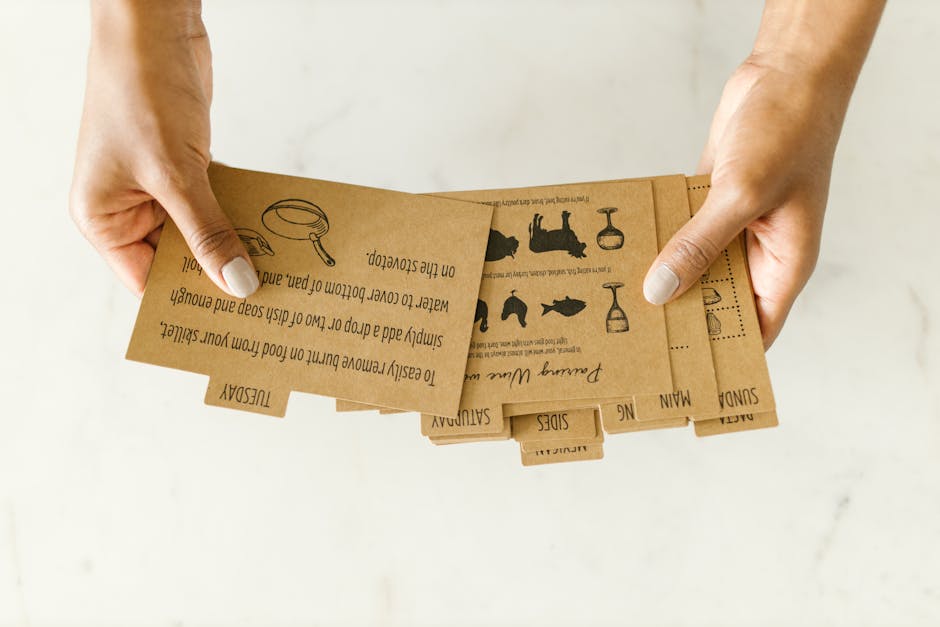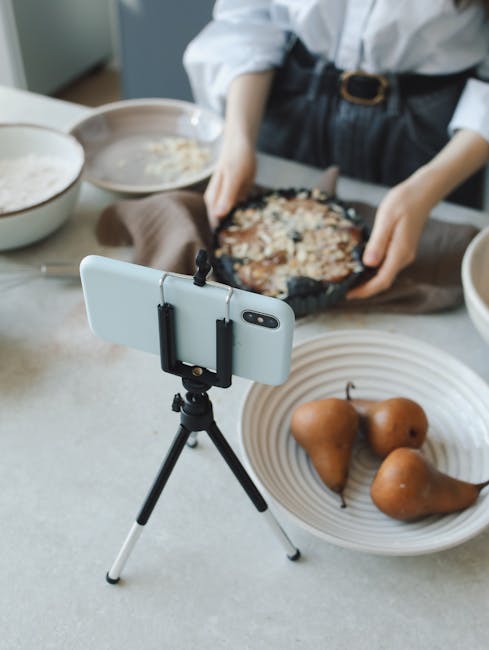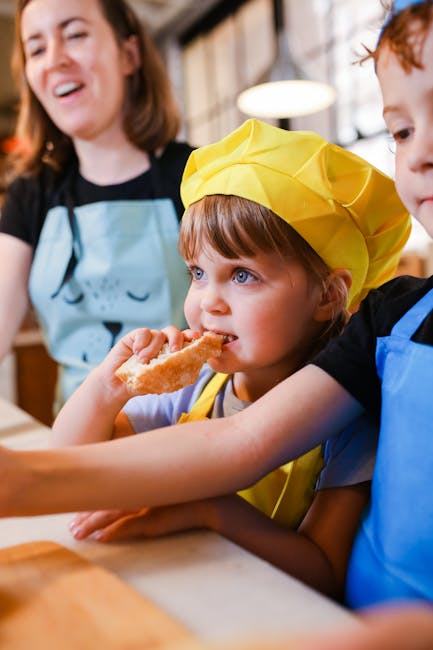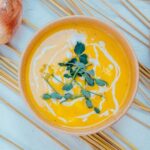Mastering Pressure Canners: A Comprehensive Guide to Cooking Classes & Tutorials for Optimal Results
Welcome to our comprehensive guide on mastering pressure canners! Using a pressure canner is a fantastic way to preserve food while retaining optimal taste and nutrition. However, using a pressure canner correctly requires knowledge and skill. In this guide, we will explore everything you need to know about pressure canning, including cooking classes and tutorials to help you achieve the best results.
Why Pressure Canning?
Pressure canning is a method of preserving food in airtight containers at high temperatures. This process effectively kills harmful bacteria, ensuring that your canned food remains safe for consumption. Unlike water bath canning, which is suitable for high-acid foods like fruits, jams, and pickles, pressure canning is essential for low-acid foods like vegetables, meat, poultry, and seafood.
The Importance of Proper Technique
When using a pressure canner, it is crucial to follow the correct techniques and guidelines to ensure the safety and quality of your canned goods. Improper canning methods can lead to contamination and spoilage, putting your health at risk. By mastering the art of pressure canning, you can enjoy delicious, home-preserved foods year-round.
Choosing the Right Pressure Canner
Before you start pressure canning, you need to select the right pressure canner for your needs. There are two main types of pressure canners: dial gauge canners and weighted gauge canners.
Dial Gauge Canners
Dial gauge canners have a dial that indicates the pressure inside the canner. It is essential to monitor the gauge regularly during the canning process to ensure that the pressure remains constant. Dial gauge canners are suitable for those who prefer precise pressure control.
Weighted Gauge Canners
Weighted gauge canners have a weighted pressure regulator that jiggles or rocks to indicate the pressure. These canners are easier to use and do not require as much monitoring as dial gauge canners. Weighted gauge canners are a great option for beginners or those who want a simpler canning experience.
Attending Cooking Classes and Tutorials
Whether you are new to pressure canning or looking to refine your skills, attending cooking classes and tutorials can be incredibly beneficial. Here are some reasons why you should consider taking a pressure canning class:

1. Hands-On Experience
Many cooking classes offer hands-on experience, allowing you to practice using a pressure canner under the guidance of an experienced instructor. This practical experience can help you feel more confident when pressure canning at home.
2. Expert Guidance
Attending a class led by a knowledgeable instructor can provide you with invaluable tips and tricks for successful pressure canning. Instructors can answer your questions, troubleshoot issues, and ensure that you are following the best practices for safe canning.
3. Access to Specialized Equipment
Cooking classes often provide access to specialized equipment, such as pressure canners, canning jars, and tools. This allows you to try out different equipment before making a purchase and ensures that you are using the right tools for the job.
4. Learn New Recipes
Pressure canning classes often include demonstrations of various recipes that you can try at home. From savory stews to fruity jams, you can expand your canning repertoire and experiment with different flavor combinations.
Online Tutorials and Resources
If attending a cooking class in person is not feasible, or if you prefer to learn at your own pace, there are plenty of online tutorials and resources available to help you master pressure canning. Here are some online platforms where you can find valuable information:
1. YouTube Channels
Many cooking experts and canning enthusiasts share video tutorials on YouTube, covering a wide range of pressure canning topics. Whether you are a visual learner or prefer step-by-step demonstrations, YouTube can be a great resource for improving your canning skills.
2. Food Blogs and Websites
Food bloggers and canning websites often publish detailed guides, recipes, and troubleshooting tips for pressure canning. These resources can help you enhance your knowledge, discover new techniques, and stay updated on the latest canning trends.
3. Online Courses
For a more structured learning experience, consider enrolling in an online course dedicated to pressure canning. These courses typically cover canning basics, safety protocols, recipe ideas, and more. By completing an online course, you can boost your confidence and expertise in pressure canning.

Tips for Successful Pressure Canning
Now that you are equipped with the knowledge from cooking classes and tutorials, here are some essential tips to help you achieve optimal results when pressure canning:
1. Follow Approved Recipes
Always use recipes that have been tested and approved for pressure canning. Follow the ingredients and processing times specified in the recipe to ensure the safety of your canned goods.
2. Prepare Your Equipment
Before you start canning, make sure your pressure canner is in good working condition. Check the seals, vents, and gauge (if applicable) to ensure everything is functioning properly. Additionally, wash your canning jars, lids, and utensils thoroughly to maintain cleanliness.
3. Maintain Proper Pressure
During the canning process, monitor the pressure inside the canner carefully. Adjust the heat as needed to maintain a constant pressure according to the recipe guidelines. Fluctuating pressure can affect the quality and safety of your canned food.
4. Allow for Proper Venting
Before pressurizing your canner, allow steam to escape for a specified amount of time to remove air and create a vacuum seal. Failing to vent properly can result in underprocessed food or seal failures.
5. Practice Safe Handling
After the canning process is complete, let the canner cool down naturally before opening it. Use caution when handling hot jars and lids to prevent burns. Inspect the seals on the jars to ensure they are airtight before storing the canned goods.
In Conclusion
Mastering pressure canners is a rewarding skill that allows you to enjoy the flavors of home-canned foods all year long. By participating in cooking classes, exploring online tutorials, and following best practices for pressure canning, you can achieve optimal results and ensure the safety of your preserved goods. Remember, practice makes perfect, so don’t be afraid to experiment and refine your pressure canning techniques over time. Happy canning!


